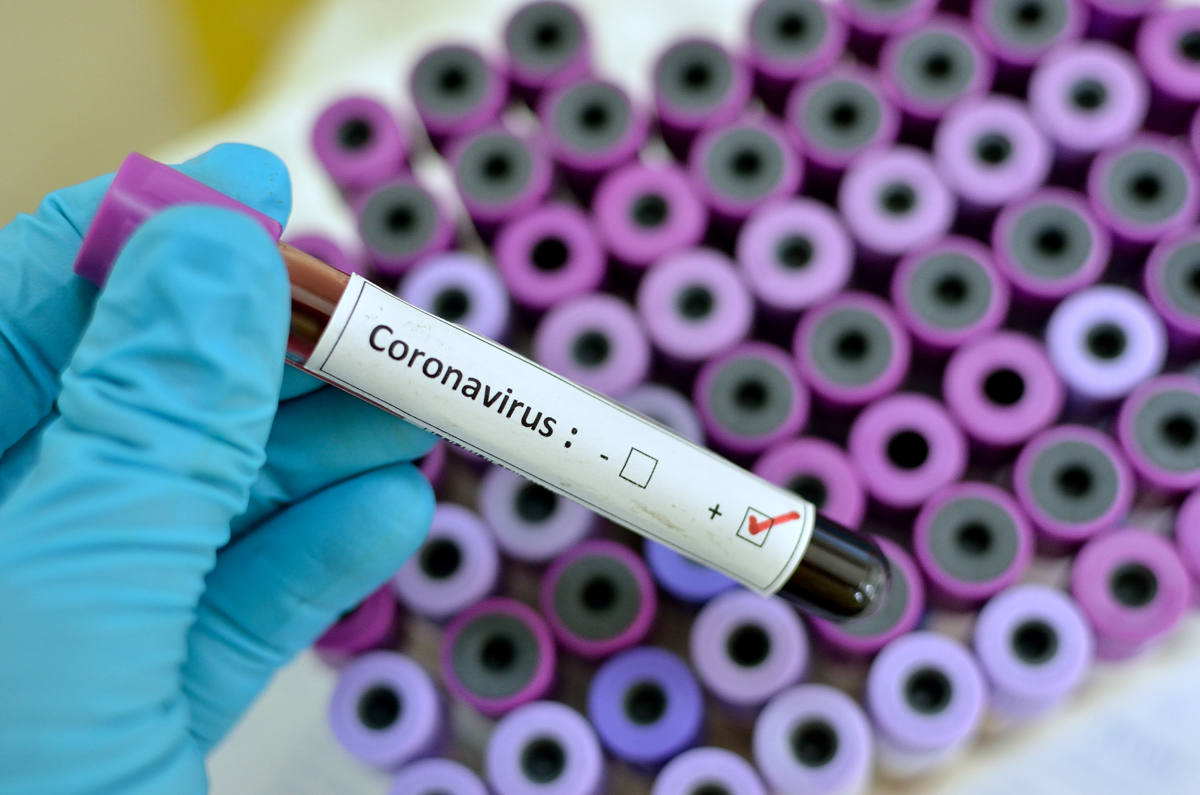
The Government is placing temporary entry restrictions into New Zealand on all foreign nationals travelling from, or transiting through mainland China to assist with the containment of the novel coronavirus and to protect New Zealand and the Pacific Islands from the disease.
This will take effect from tomorrow and will be in place for up to 14 days. This position will be reviewed every 48 hours.
Any foreign travellers who leave or transit through mainland China after 2 February 2020 (NZ time) will be refused entry to New Zealand.
Any foreign travellers in transit to New Zealand on 2 February 2020 will be subject to enhanced screening on arrival but, pending clearance, will be granted entry to New Zealand.
New Zealand citizens and permanent residents returning to New Zealand will still be able to enter, as will their immediate family members, but will be required to self-isolate for 14 days on arrival back in the country.
The Ministry of Foreign Affairs and Trade has also raised its travel advice to New Zealanders for all of mainland China to “Do not travel”, the highest level.
Prime Minister Jacinda Ardern said it is critically important New Zealanders are protected from from the virus and that New Zealand plays its part in the global effort to contain it.
“Cabinet convened last night to discuss the most up to date public health advice and recent developments in the spread of the virus. We have been advised by health officials that while there are still a range of unknowns in the way the virus is being transmitted, we should take a precautionary approach and temporarily stop travel into New Zealand from mainland China, and of people who have recently been in China.”
Deputy Prime Minister and Foreign Minister Winston Peters stressed this is not a decision that has been taken lightly.
“Ultimately, this is a public health decision. The outbreak has been well managed by China, and these temporary measures are to reinforce work being done to try and reduce human to human transmission.
“New Zealand has not had a confirmed case of the virus and the risk of outbreak is low and we want to keep it that way. The health and safety of New Zealanders is our main priority.
“I have been in close contact with my Chinese counterpart on New Zealand’s decision and have conveyed New Zealand’s willingness to assist with China’s efforts to control and defeat the virus,” Peters said.
There have been 12 confirmed cases in Australia, including four cases in NSW, three in Victoria and two in Queensland. On Saturday South Australia recorded its first confirmed cases of the coronavirus after a Chinese couple tested positive to the disease.
Last week the World Health Organisation (WHO) declared the new strain of coronavirus a public health emergency of international concern. The decision was announced after a Geneva meeting of the international organisation’s emergency committee.
Director-General of WHO Tedros Adhanom Ghebreyesus described the virus as an “unprecedented outbreak” that has been met with an “unprecedented response”.
“The main reason for this declaration is not because of what is happening in China, but because of what is happening in other countries.
“Our greatest concern is the potential for the virus to spread to other countries with weaker health systems.
“Let me be clear, this declaration is not a vote of no confidence in China. On the contrary, WHO continues to have coincidence in China’s capacity to control the outbreak.”
Coronaviruses (CoV) refers to a family of viruses that cause illness ranging from the common cold to more severe diseases such as Middle East Respiratory Syndrome (MERS-CoV) and Severe Acute Respiratory Syndrome (SARS-CoV).
The 2019-nCoV, also known as the Wuhan Coronavirus is a novel or new coronavirus, that was first identified in humans in Wuhan, China, in December 2019.
Industry urged to review cleaning practices
According to biorisk management professional, Patty Olinger, executive director of the Global Biorisk Advisory Council, a division ISSA, everyone, including cleaning professionals, need to pay close attention to what is going on in the world regarding the Wuhan Coronavirus.
“Right now, cleaning professionals and the general public need to remind themselves of proper practices for illnesses such as the flu, which should be equally protective with this novel virus,” Olinger says.
“Wash your hands often, use an alcohol-based hand sanitizer when you can’t wash your hands, cover your mouth when you sneeze or cough, stay home if you feel ill, and keep you distance from those who are ill,” Olinger told CMM.
“It is important that we revisit our existing processes and procedures as to when we need to wear a respirator and why. Then ask ourselves what are we going to do if they are not available? It is likely that we will see a shortage in masks, respirators as well as disposable gowns, as we saw during the Ebola outbreak in 2014-2015 and during the 2009 H1N1 (Swine Flu) pandemic.
“We also need to revisit our processes and procedures for proper cleaning, sanitization and disinfection of surfaces and spaces. This is critical.”
Comment below to have your say on this story.
If you have a news story or tip-off, get in touch at info@13.238.154.125.
Sign up to INCLEAN NZ’s newsletter.